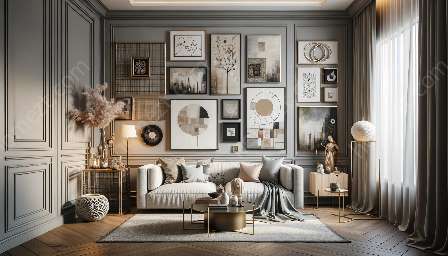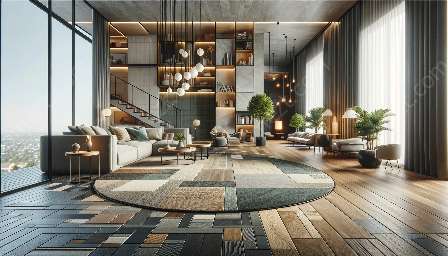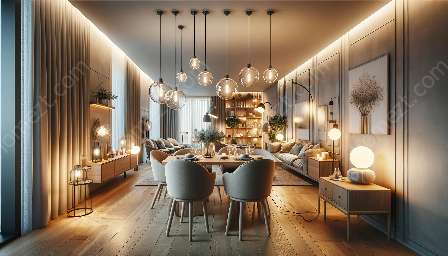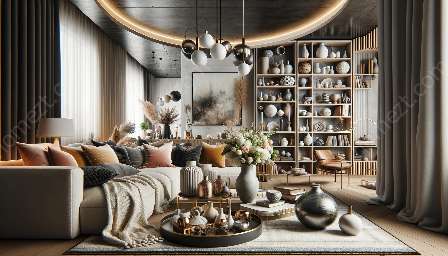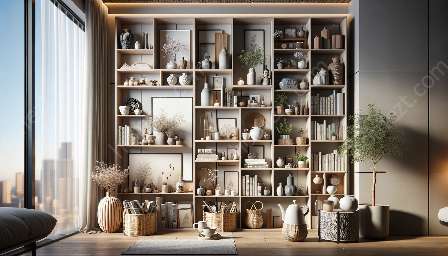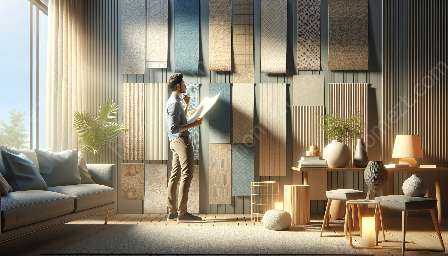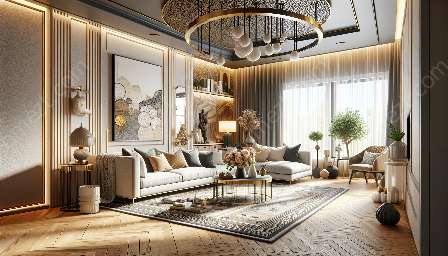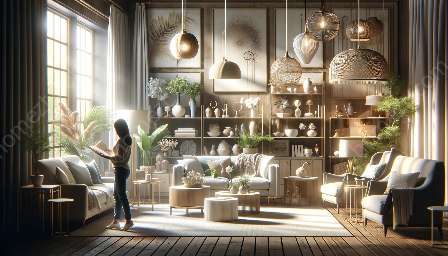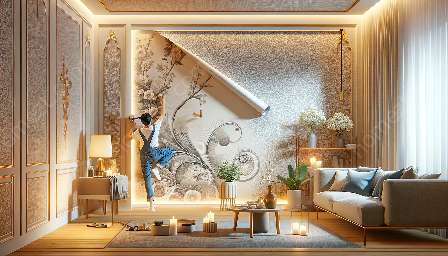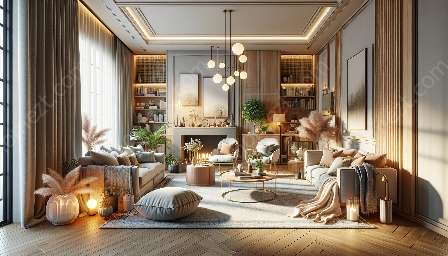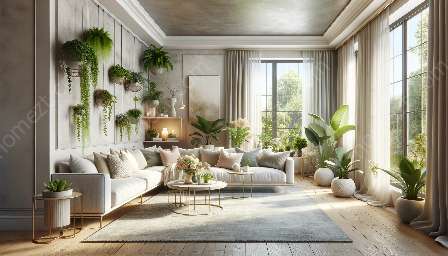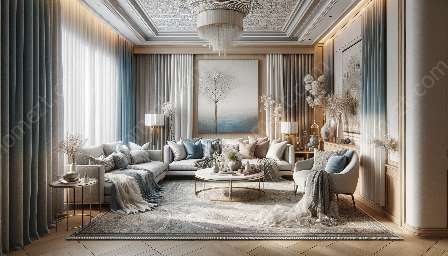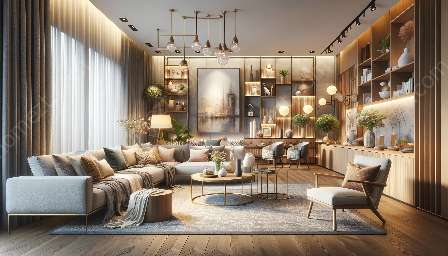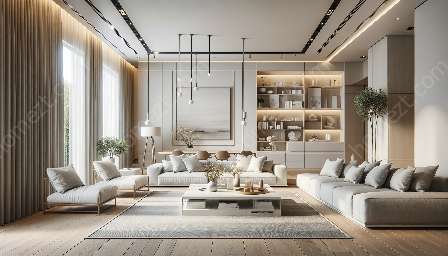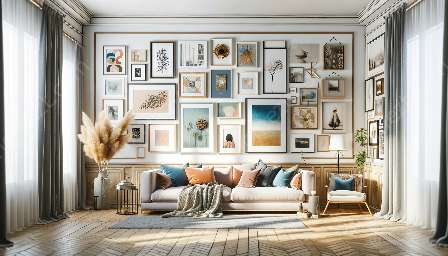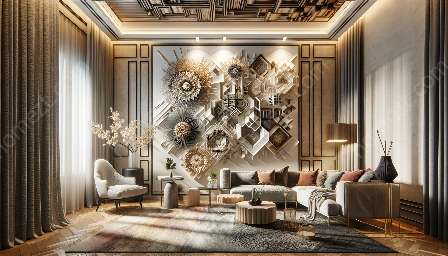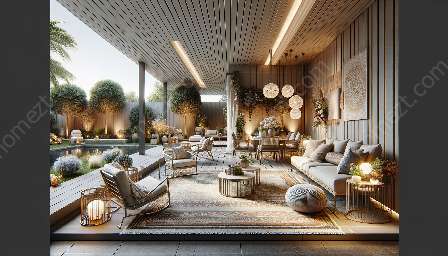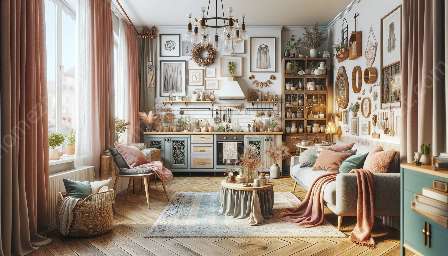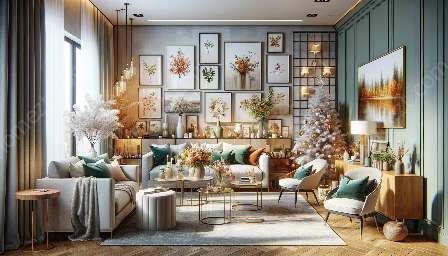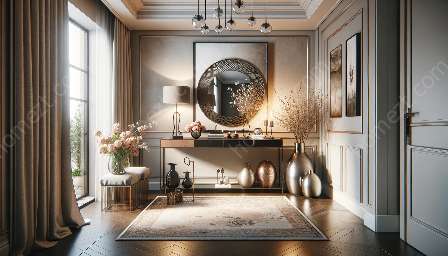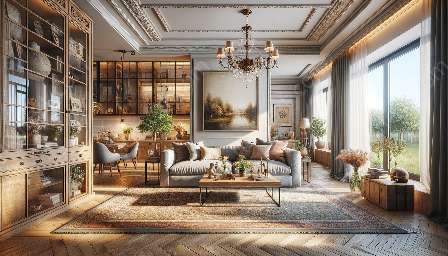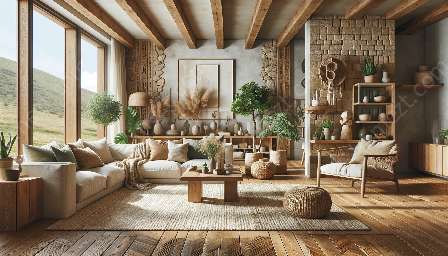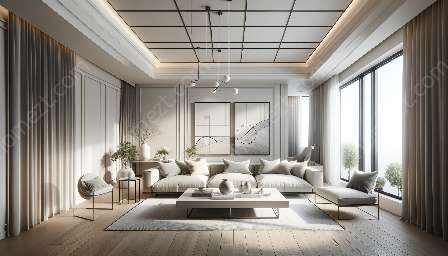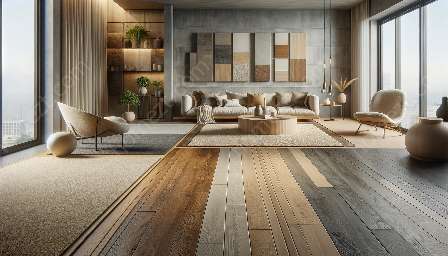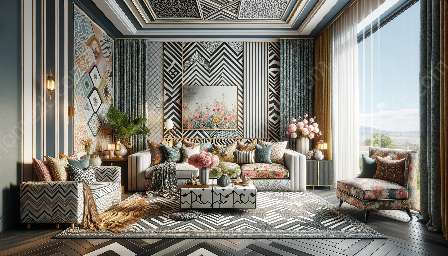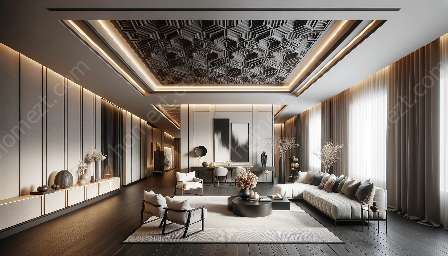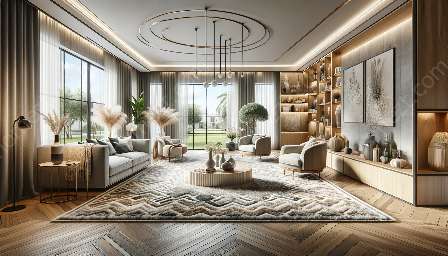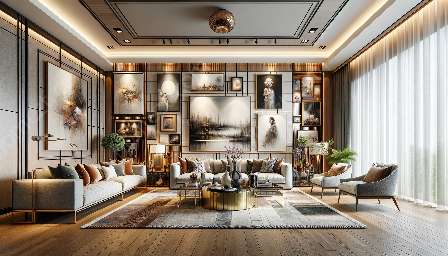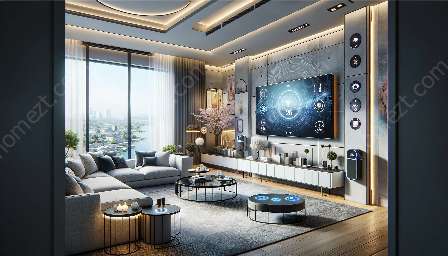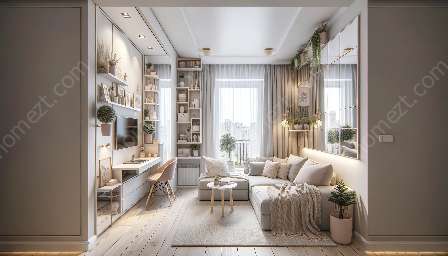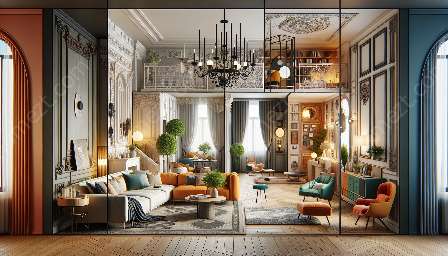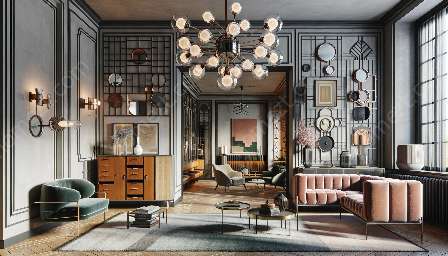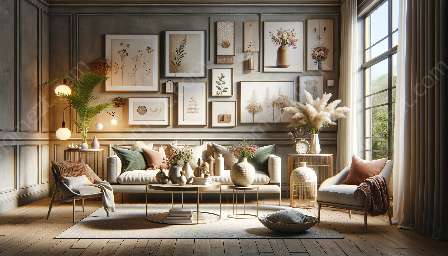The choice of furniture style can have a profound impact on an individual's psychological well-being, comfort, and mood. The psychological effects of various furniture styles on people are deeply rooted in their personal preferences, cultural influences, and lifestyle choices.
1. The Impact of Modern Furniture Styles
Modern furniture styles are often associated with minimalism, clean lines, and functionality. The sleek and simplistic designs of modern furniture contribute to a sense of spaciousness and order, which can create a calming and streamlined environment. The clean and uncluttered look of modern furniture can promote a sense of clarity and organization, which may positively influence an individual's mental well-being.
1.1. Comfort and Functionality
The emphasis on comfort and functionality in modern furniture styles can enhance an individual's ease and efficiency in their living space. The ergonomic features and practical designs of modern furniture contribute to a sense of convenience and comfort, which can lead to improved mental and physical well-being.
1.2. Influence on Creativity and Productivity
The contemporary and innovative designs of modern furniture can inspire creativity and productivity. The clean, uncluttered lines and innovative materials of modern furniture styles can create an environment that stimulates creativity and fosters productivity, positively impacting an individual's mental state and overall well-being.
2. The Influence of Traditional Furniture Styles
Traditional furniture styles are often associated with ornate details, rich textures, and a sense of timelessness. The classic and opulent designs of traditional furniture can evoke feelings of nostalgia and comfort. The familiar and elegant aesthetic of traditional furniture styles can create a warm and inviting atmosphere, which may positively impact an individual's emotional well-being.
2.1. Emotional Connection and Security
The familiarity and sense of history associated with traditional furniture styles can create an emotional connection and a feeling of security. The comforting and enduring designs of traditional furniture can evoke a sense of stability and rootedness, which can contribute to a sense of emotional well-being and comfort for individuals.
2.2. Impact on Relaxation and Stress Reduction
The plush and luxurious fabrics, as well as the intricate designs of traditional furniture, can promote relaxation and stress reduction. The comforting and inviting nature of traditional furniture styles can create a soothing environment, helping individuals to unwind and alleviate stress, thereby positively impacting their mental state.
3. The Influence of Eclectic Furniture Styles
Eclectic furniture styles encompass a mix of different design elements, textures, and periods. The diverse and unconventional nature of eclectic furniture styles can stimulate creativity and individuality. The unique and personalized nature of eclectic furniture can create an environment that encourages self-expression and inspiration, positively impacting an individual's psychological well-being.
3.1. Self-Expression and Creativity
The combination of diverse design elements and textures in eclectic furniture styles allows individuals to express their unique personalities and creativity. The mix of styles and periods in eclectic furniture can create a visually stimulating environment that promotes self-expression and creativity, contributing to a positive impact on an individual's emotional and mental well-being.
3.2. Enhanced Sense of Individuality
The unconventional and distinctive nature of eclectic furniture styles can enhance an individual's sense of individuality and personal style. The ability to mix and match different design elements in eclectic furniture allows for a personalized and unique living space, fostering a sense of individuality and emotional well-being.
4. The Psychology of Choosing Furniture Styles
The process of choosing furniture styles involves a psychological connection with one's personal preferences, lifestyle, and cultural influences. Individuals may be drawn to specific furniture styles based on their emotional needs, personality traits, and aspirations. Understanding the psychology of choosing furniture styles can provide insights into how individuals seek to create a living environment that supports their emotional well-being and overall comfort.
- Personal Preferences: Individuals may be drawn to furniture styles that reflect their personal preferences and aesthetic sensibilities, creating a sense of comfort and emotional connection with their living space.
- Lifestyle Influences: The choice of furniture styles may be influenced by an individual's lifestyle, such as their work habits, social activities, and daily routines, shaping their living environment to support their practical needs and emotional well-being.
- Cultural Significance: Cultural influences play a significant role in the choice of furniture styles, with individuals seeking to create a living space that reflects their cultural heritage, values, and traditions, contributing to a sense of identity and emotional well-being.
5. The Connection Between Furniture Styles and Decorating
Choosing furniture styles is intricately linked with the process of decorating, as both elements contribute to the overall ambiance and emotional impact of a living space. Decorating with different furniture styles involves creating a harmonious and balanced environment that supports an individual's emotional well-being and comfort.
5.1. Creating a Harmonious Environment
The cohesive integration of furniture styles into the overall decor can create a harmonious environment that promotes a sense of balance and visual appeal. The strategic arrangement and coordination of furniture styles in decorating can positively impact an individual's emotional well-being by creating a space that feels inviting and aesthetically pleasing.
5.2. Personalizing the Living Space
The process of decorating with different furniture styles allows individuals to personalize their living space according to their unique preferences and needs. Personalization through decorating can create a sense of ownership and comfort, positively influencing an individual's emotional well-being and connection to their living environment.
In conclusion, the choice of furniture styles has a profound psychological impact on individuals, influencing their comfort, emotional well-being, and overall mood. Understanding the psychological effects of different furniture styles can guide individuals in creating a living environment that aligns with their emotional needs and personal well-being.

